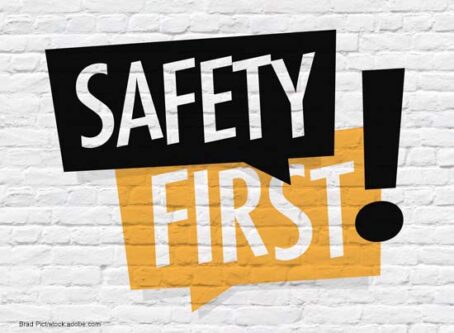Effort to stop speed limiters gains supporters
Three more lawmakers have expressed support for the DRIVE Act, a bill that would prevent commercial trucks from being required to use a speed limiter.
On Tuesday, April 9, Rep. Gary Palmer, R-Ala., joined HR3039, and Sens. Ted Cruz, R-Texas; and Ted Budd, R-N.C., became co-sponsors to S2671. The additions bring the total number of co-sponsors to 41 in the House and 12 in the Senate.
Both versions of the DRIVE Act would prohibit the Federal Motor Carrier Safety Administration from promulgating any rule or regulation mandating speed limiters.
Rep. Josh Brecheen, R-Okla., introduced HR3039 last May, and Sen. Steve Daines, R-Mont., launched S2761 last July. Both lawmakers argue that FMCSA’s attempt to require speed-limiting devices is an example of overregulation and ignores a state’s authority to set its speed limits.
“This overreach by the Biden administration has the potential to negatively impact all facets of the agricultural and trucking industries,” Brecheen said last year. “I know from experience driving a semi while hauling equipment and years spent hauling livestock that the flow of traffic set by state law is critical for safety, instead of an arbitrary one-size-fits-all speed limit imposed by some bureaucrat sitting at his desk in Washington, D.C. This rule will add one more needless burden, and Congress must stop it.”
The rulemaking
In 2022, FMCSA issued an advance notice of supplemental proposed rulemaking that suggested requiring most commercial motor vehicles with a gross vehicle weight of 26,001 pounds or more to be governed.
The notice received more than 15,000 comments, with the majority coming from truck drivers opposed to a mandate. The Owner-Operator Independent Drivers Association, which represents small-business truckers, contends that the requirement would hinder safety by creating dangerous speed differentials and increasing the risk of crashes between cars and trucks.
Despite strong opposition from truckers, FMCSA has planned to move forward with a notice of proposed rulemaking. According to the U.S. Department of Transportation’s latest Significant Rulemaking Report, FMCSA’s proposal is projected to be released in May. With that said, the agency already has missed two previous target dates, and a proposal still has not been submitted to the White House Office of Management and Budget for review. An OMB review, which is required, can take anywhere from weeks to more than a year.
Passing the DRIVE Act would make FMCSA’s rulemaking efforts moot. LL









